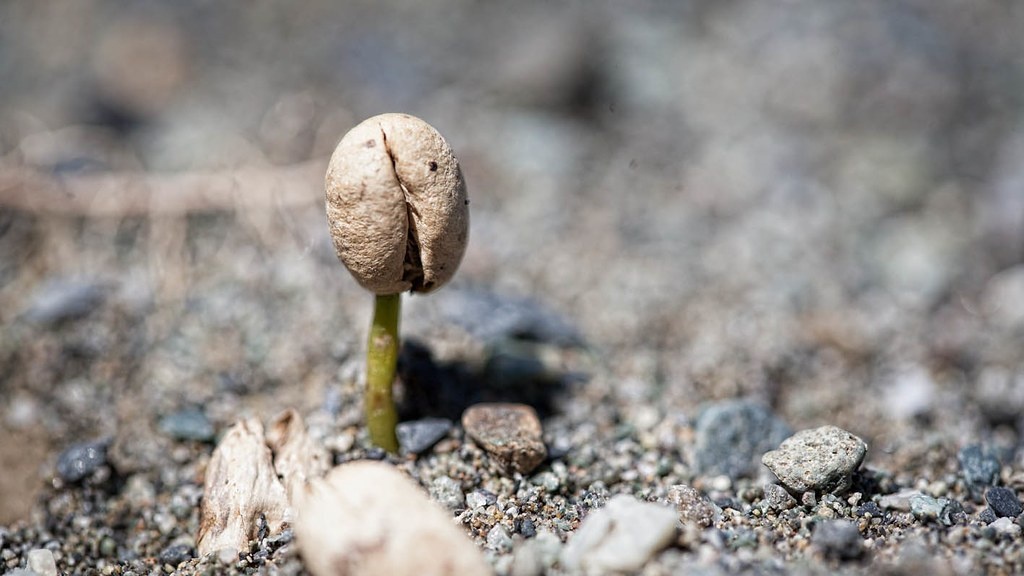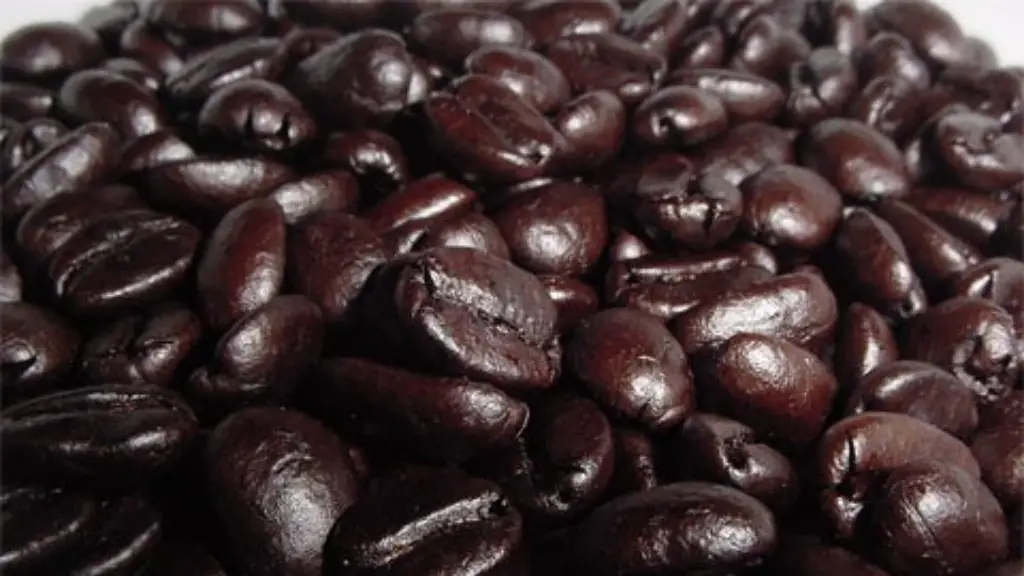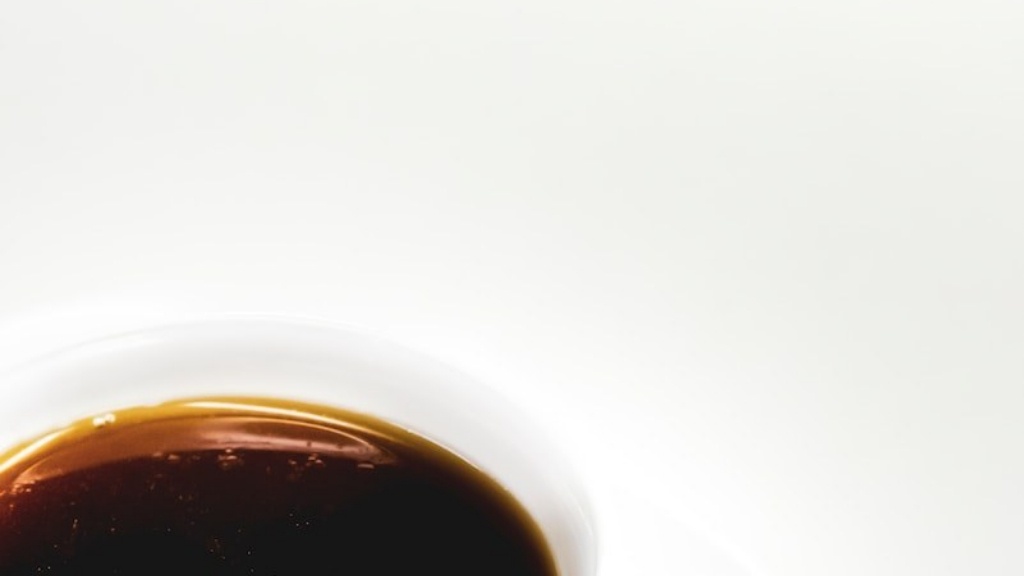When hungover, most people reach out for one particular remedy – coffee. But is this really a good thing to do? To answer this question, we must first look at some facts and research. Coffee is a diuretic, which means it causes the body to lose more fluids than it takes in. This could be a problem for someone who is already dehydrated from drinking too much alcohol the night before. And while it may help the person to wake up and get going, the amount of caffeine in coffee is unlikely to replace the lost fluid and electrolytes.
But some experts suggest drinking coffee can help. For example, Romanian doctor Anamaria Ianosi pointed out that coffee calms the digestive system and can help soothe the nausea associated with being hungover. She also stressed that it’s important to rehydrate with water along with the coffee, as just drinking the caffeine can lead to further dehydration.
In terms of understanding the effects of caffeine, there’s still a lot to learn. However, it is clear that there are possible benefits to drinking coffee while hungover. While caffeine can make you feel more energetic, it doesn’t really reduce the severity of the symptoms of a hangover. For example, coffee alone can’t cure a headache, there is just not enough evidence to back it up.
Coffee can also affect your sleep. Drinking coffee while hungover might make it easier to stay awake, but once the caffeine wears off, the chances of drowsiness could increase. Moreover, it can also disrupt your sleeping patterns in case you overconsume. So the bottom line is that it is generally better to drink some water with a pinch of salt, which will make you feel much better in the long run.
When it comes to drinking coffee when you’re hungover, moderation is key. People should be aware that drinking too much coffee can have a dehydrating effect, ultimately leading to worse symptoms of a hangover. In addition, if someone tends to be sensitive to caffeine, drinking coffee while hungover could lead to further side effects. And bear in mind that caffeine is not a substitute for proper hydration.
Benefits of Coffee
Drinking a cup of coffee when hungover can be beneficial in the right situation — it is known to help wake up the body and become more alert. The stimulating effects of caffeine can make you more focused, alert, and active, making it easier to carry out tasks or go about your day. Furthermore, it could help relieve some of the nausea associated with the hangover.
In summary, although coffee can help you stay alert and focused and can treat nausea, it’s not an effective way to cure a hangover because it can also lead to dehydration and impaired sleep. Therefore, it’s important to be mindful of the amount of coffee you consume when hungover.
Food
Most people turn to food when they are hungover. While some may suggest greasy foods, these are unlikely to help in the long run. It’s much better to focus on something that will replenish the body’s electrolytes. Some sandwiches and salads, for instance, may have the necessary ingredients, such as salt and sugar, to do the job. Eating such kind of food may also help to re-energise the body in the short run.
Soups, as well as eggs with fresh vegetables, could be beneficial too. This kind of nutritious meal will provide the necessary nutrients, vitamins and electrolytes, helping you to recover quickly from the effects of excessive alcohol consumption. What’s more, vitamins can help improve immunity and prevent further hangover symptoms.
Drinking alcohol depletes the body of essential vitamins and other nutrients, so eating a balanced diet can help replenish those lost during drinking. Eating on a regular basis and making sure you get plenty of fruit and vegetables can go a long way in taking care of your body and preventing potential hangovers.
Exercise
Exercise is one of the most effective strategies to take care of the body while dealing with a hangover. Exercise can help to restore the body’s balance and balance the effects of alcohol. It is also known to reduce headaches, relieve stress, and improve concentration.
Whether it’s a short walk or a longer session in the gym, exercise can be great for getting rid of the awful symptoms of being hungover and helping your body to recover quicker. Moreover, fitness activities can also reduce anxiety, clear the mind and relieve tension, leading to a better overall feeling after the hangover.
As a general rule, it’s important to start slowly and build up, opting for low-intensity routines such as walking, yoga or swimming. Committing to a routine of regular physical activity could also be a good way of preventing future hangovers and providing a positive, long-term approach to recovering more quickly.
Sleep
Drinking alcohol can lead to poor quality sleep and sleep disturbances, which can further worsen the effects of a hangover. Proper sleep can help achieve a balance between the physical and mental health, so it is important to make sure you get enough sleep when dealing with the consequences of a hangover.
The recommended amount of sleep for adults is 7-9 hours, and it’s important to stick to it as often as possible. Additionally, making sure you have a regular sleep and wake cycle can also help you to get quality sleep when needed. Trying to stick to going to bed and waking up at the same time can help to balance out the body’s natural rhythm and prevent further hangovers and their related symptoms.
In conclusion, there is no one-size-fits-all solution for dealing with a hangover. But understanding the effects of alcohol on the body and making sure to get plenty of rest, stay hydrated and eat a balanced diet, can all help to reduce the severity of hangover symptoms. At the same time, moderation is key; drinking coffee when hungover may help but too much can lead to further dehydration and worsen the hangover.




